The longest season in NHL history ended with the Tampa Bay Lightning hoisting the Stanley Cup on September 28, after defeating the Dallas Stars 2-0.
After COVID-19 forced the NHL to suspend the 2019-2020 season on March 12, NHL Commissioner Gary Bettman ensured the season would somehow be completed.
It took just over 200 days for the Commissioner to deliver on his promise.
The NHL announced its Return to Play Plan on May 26 with 24 teams competing for the Stanley Cup. The best-of-five qualifying series of round-robin play was held in the host cities of Edmonton, Alberta, and Toronto, Ontario — creating the NHL’s playoff “bubble.”
The two “bubbles” effectively isolated players and NHL personnel at the Rogers Place arena and the JW Marriot and Sutton Place hotels in Edmonton, and Scotiabank Arena and Hotel X and Royal York hotel in Toronto.
Each hotel played host to six of the playoff teams and team doctors, athletic trainers, and members of the media.
Players viewed the road to the Stanley Cup as a difficult one, with Vegas Golden Knights veteran forward Max Pacioretty telling NHL.com, “I think this will be the hardest Stanley Cup to win out of all of them. Look at all the obstacles.”
Overcoming what seemed like impossible obstacles made the 2020 playoffs nothing short of a fairytale. When all signs pointed to the NHL season being terminated, instead it will be celebrated for years to come because of how unlikely awarding Lord Stanley’s Cup seemed in March.
From the season’s pause on March 12 to the return of training camps in late July, most players could not access practice facilities as rinks worldwide remained closed, instead having to solely rely on off-ice training to stay in shape and prepare for the playoffs.
To reach the end of a season that once seemed improbable, NHL players faced difficulties beyond the average season. From living in hotels, leaving their families for months, and not having access to training facilities, the players competing in this year’s playoffs were not set up for success.
These factors appeared to indicate that this year’s playoff play might not be the same quality as years past. But for many players, the extended break seemed to be a benefit, with 33 players scoring at or above a point per game pace and 15 goalies earning a shutout.
Here is a closer look at five NHL playoff players who responded to adversity and shined during the most unlikely of Stanley Cup competitions.
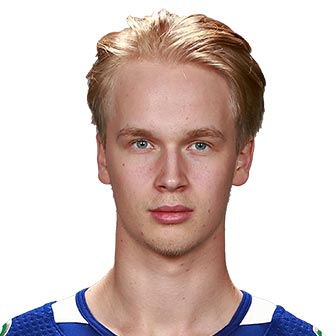
Elias Petterson – Vancouver Canucks
Despite winning the NHL’s Calder Memorial Trophy for Rookie of the Year in 2019, the expectations around Elias Petterson were low heading into the ’19-’20 season. The 6’2”, 160 lbs Swede was injured three times as a rookie on plays that normally would not affect those of stronger stature.
Analysts from Sportsnet, TSN, and even NHL Network believed Petterson wasn’t physically strong enough to perform consistently and questioned if he could stay healthy because of his injury track record.
After rigorous off-season weight training coming into his sophomore year, ‘Petey’ was able to put on 20 pounds from his draft day to the beginning of the ’19-’20 season.
Due to this transformation, Petterson not only silenced the majority of his critics with 18 points in 17 games, but Petterson solidified himself as a top 15 center in the league.
Even with skilled linemate Brock Boeser missing time twice, first with an injury and then a family emergency, Petterson managed to score at just over a point per game pace in the playoffs with seven goals and 11 assists in 17 games.

Brayden Point – Tampa Bay Lightning
Standing at 5’10”, undersized Tampa Bay Lightning center Brayden Point quite literally plays in shadows of teammates like Victor Hedman, Nikita Kucherov, and Steven Stamkos during the regular season. Beyond filling in for injured teammate Victor Hedman at the 2018 All-Star game, Point has yet to win any NHL personal awards.
With 33 points in 23 games, 2nd most of anyone in the playoffs just behind teammate Nikita Kucherov, Point made an extremely strong case for playoff MVP and will be a player to watch for the upcoming 2021 season.

Miro Heiskanen – Dallas Stars
After a lackluster rookie season highlighted by poor defensive play, posting a plus-minus of -14, it’s safe to say this former 2017 3rd overall draft pick made a name for himself in this year’s playoffs.
The 21-year-old Finland native scored the most points by any defensemen in the 2020 playoffs, as well as holding a +8 plus-minus throughout the Stanley cup finals against the eventual champions, the Tampa Bay lightning.
Along with a boastful stat-line for a defenseman, Heiskanen ranked among the best in the playoff’s advanced statistics categories with 26 blocked shots, 41 shots on goal, 46 hits, and 12 takeaways.
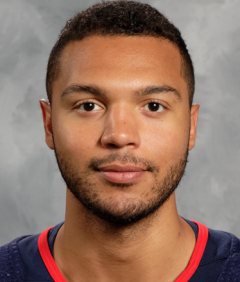
Seth Jones – Columbus Blue Jackets
Ranked by NHL Network as the #5 best defensemen in the league, and finishing fourth in votes in 2018 for the Norris trophy for Defender of the Year, Seth Jones has been a superstar in the making throughout his eight-season career.
Although the flashy d-man has never won a major accolade like the Defenseman of the Year award in the NHL, he continues to finish within the top five almost every year.
After a first-round upset against the star-studded Toronto Maple Leafs and averaging the most time on ice during the playoffs, Jones was possibly the most valuable to his team. In 10 games, Jones played over 25 minutes a night and played 70 minutes in the NHL’s longest playoff game in a five-overtime loss to Tampa Bay.
With only one other real star on the Blue Jackets in Zach Werenski, there wasn’t much hope for the Jackets who faced arguably the best first-line in all of hockey, Toronto’s Hyman-Matthews-Nylander.
Additionally, the Maple Leafs would be playing on home ice as Toronto was one of the two bubble cities, which looked like a sure advantage for Toronto. After two games in the best-of-five series, the Blue Jackets found themselves just one loss away from elimination.
Jones played a prominent role in Columbus’s comeback. The team won three games in a row to advance into the official first round. In games 3, 4, and 5 for the Jackets, Toronto would find themselves scoreless in two, despite boasting a combined 61 shots.
On top of his solid play, Jones was not afraid to sacrifice his body for the play and go to the dirty areas. During the first round in five games, Jones had an impressive 28 hits taken, 29 blocks, and just five giveaways, all career bests for the d-man.
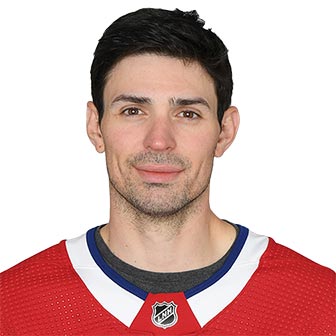
Carey Price – Montreal Canadiens
After the regular season in March, the Montreal Canadiens were the 24th best team of 31. Placing among the bottom 10 in the league, they would not have even been close to qualifying for the playoffs had there been the traditional 16 team format. Still, the 24-team return to play format allowed them to be the last team in the bubble.
As the last seed from the East, the Canadiens matched up against the top-seeded Pittsburgh Penguins during the play-in round. There was almost no doubt that arguably hockey’s best duo, Sidney Crosby and Evgeni Malkin of Pittsburgh, would send Montreal quickly packing.
With all odds against the Canadiens, Price stole the show and held Crosby to two goals and Malkin to 0.
Pittsburgh exited the playoffs with the lowest goal total of all 24 teams, scoring just eight goals in four games.
Price and the Canadiens passed the Penguins with ease, facing the Keystone State’s other top 10 team, the Philadelphia Flyers. The Canadiens took Philly to six games, with Price allowing just 1.78 goals-against average (1st), .936 save percentage (2nd), and two shutouts (2nd).

Shea Theodore – Vegas Golden Knights
Following a miraculous regular season after recovering from testicular cancer, putting up career-best in goals and assists, Vegas’ number one defenseman scored an impressive 19 points in 20 games while remaining among the best of “defensive-defenseman.”
From the trade deadline to the suspension of the ’19-’20 season, Theodore played well with recently acquired teammate from Los Angeles, Alec Martinez. The pair combined for a 55% puck possession rate in the playoffs, good enough for 3rd in the NHL.
Theodore alone averaged the most shots on goal by any defenseman in the playoffs, which could point to why Vegas was so strong in front of the net and scoring on rebound chances.


![Community honors longtime coach Mr. Bryan Thomas before Oct. 3 game [photo gallery]](https://nchsinkspot.com/wp-content/uploads/2025/10/Thomas-6-1200x1200.jpg)
























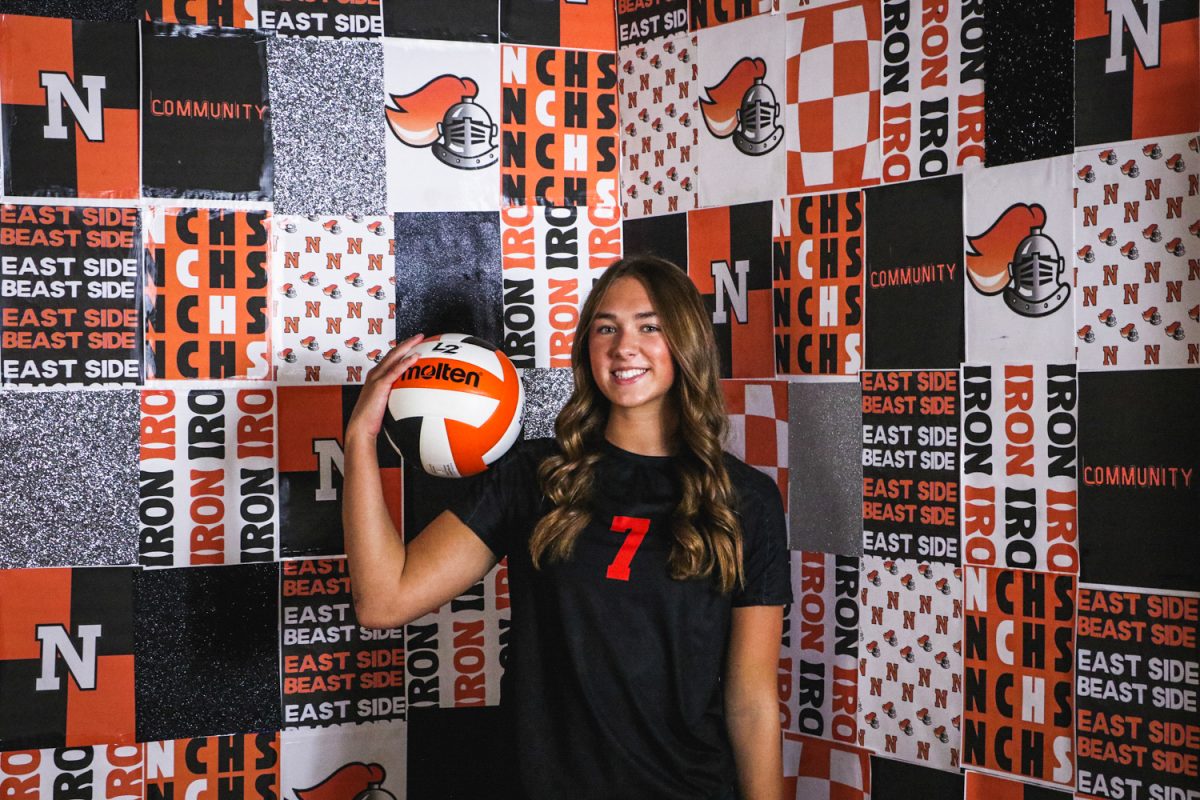
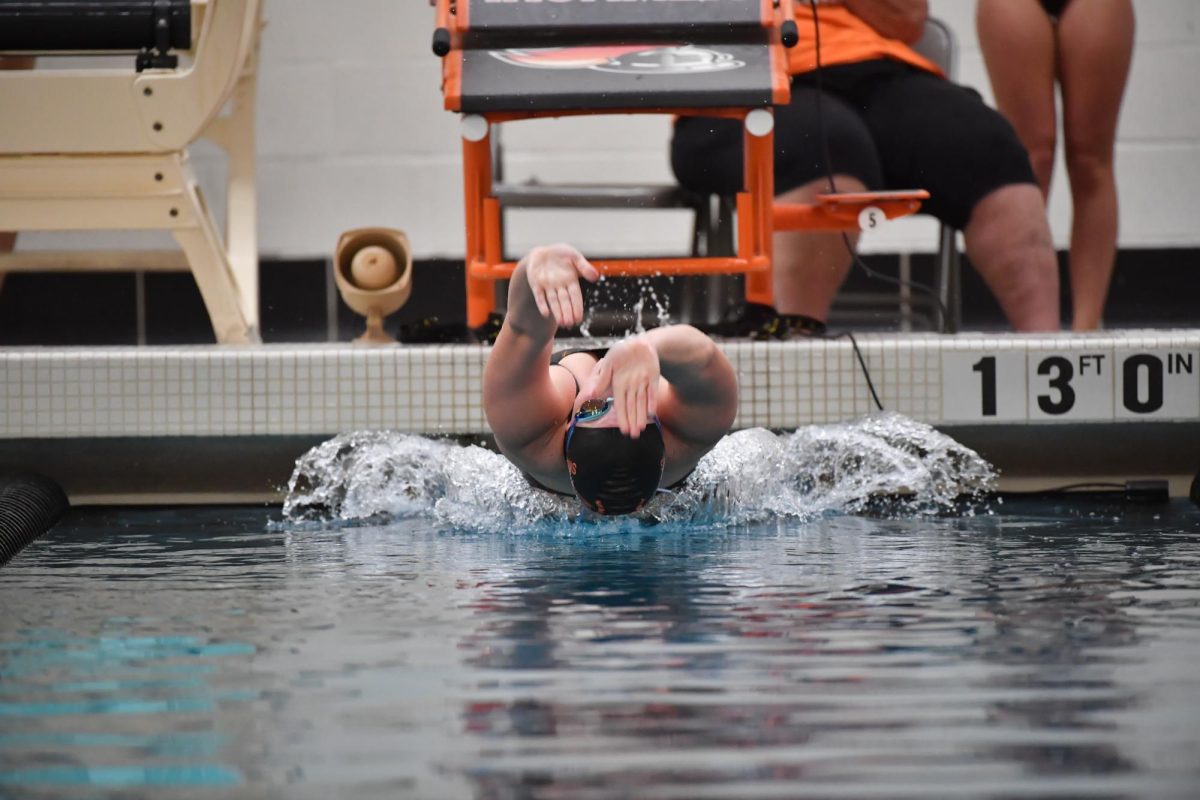
![Week 7: Coach Drengwitz recaps the Ironmen’s win over Bloomington, talks Danville [video]](https://nchsinkspot.com/wp-content/uploads/2025/10/Vikings-feature-Image-1200x675.png)
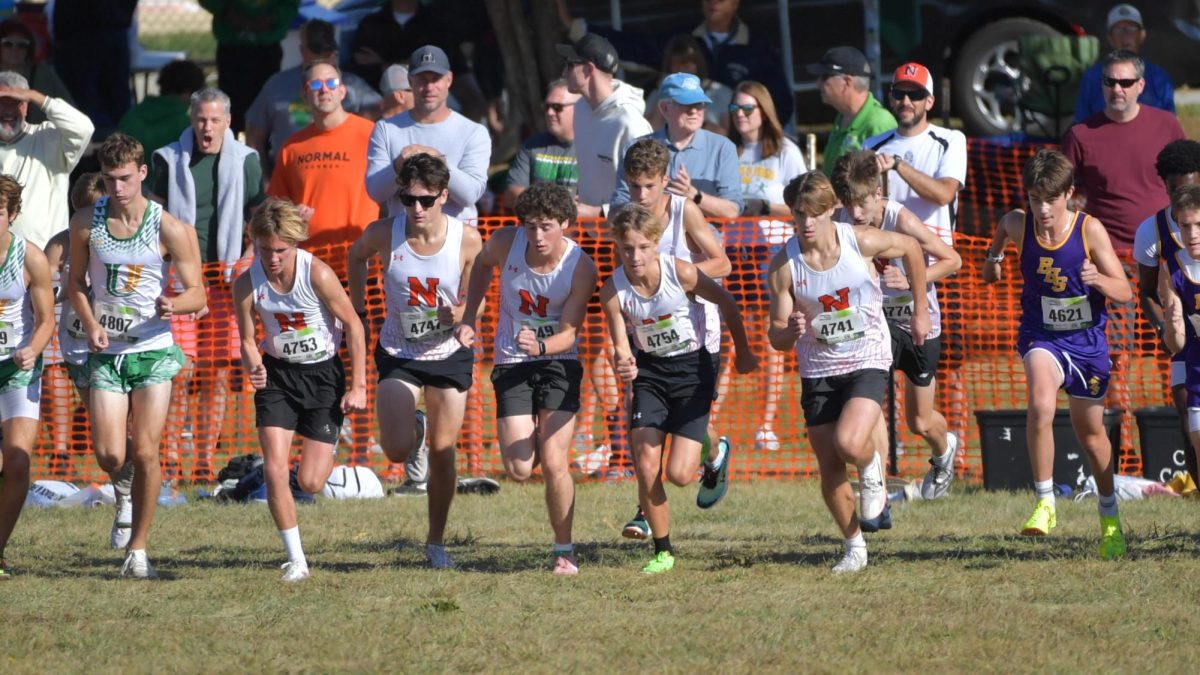





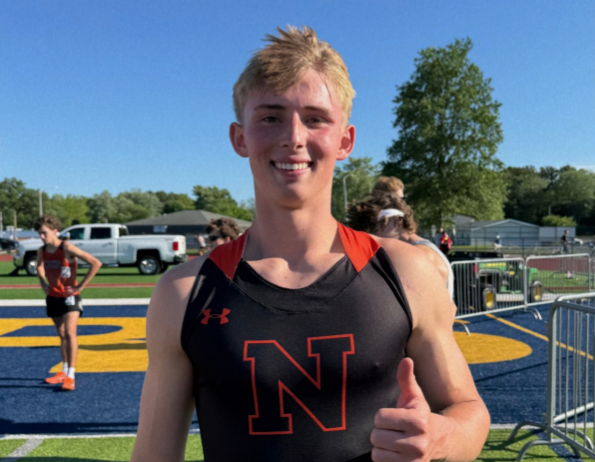

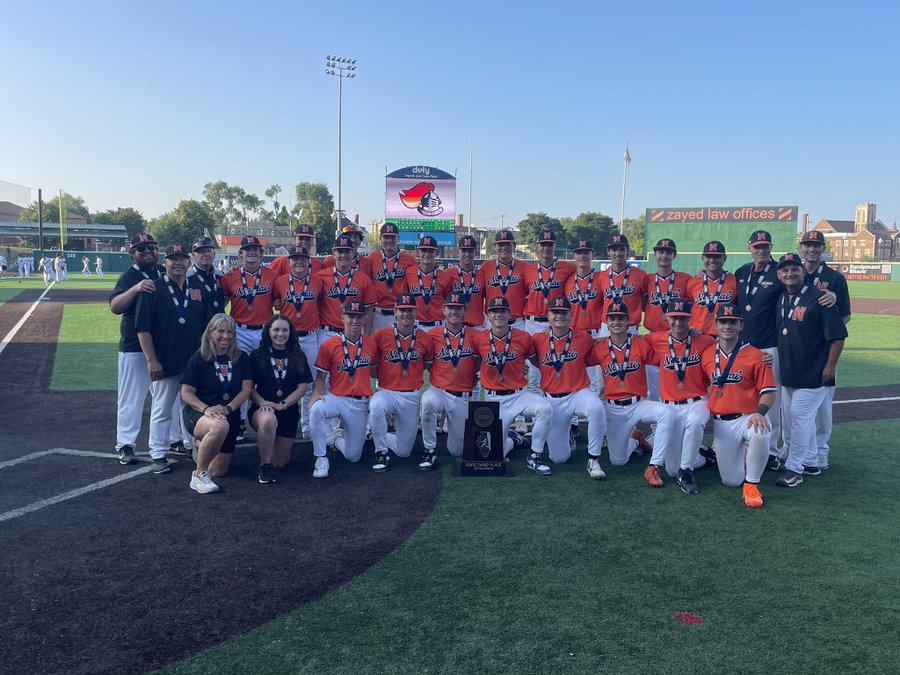








![Halloween candy cross section quiz [quiz]](https://nchsinkspot.com/wp-content/uploads/2022/10/Candy-cover-big-900x675.png)
![Average Jonah? [quiz]](https://nchsinkspot.com/wp-content/uploads/2022/05/average-jonah-900x600.png)







![[Photo Illustration]](https://nchsinkspot.com/wp-content/uploads/2025/09/trigger-words.png)










![Week 5: Coach Drengwitz previews the Ironmen’s matchup vs. Peoria Manual, recaps Week 4 [video]](https://nchsinkspot.com/wp-content/uploads/2025/09/Week-5-v-Rams-1200x675.png)





![Postgame reaction: Coach Drengwitz on Community’s 28-17 Loss to Kankakee [video]](https://nchsinkspot.com/wp-content/uploads/2025/09/Week-4-postgame--1200x675.png)
![Week 4: Coach Drengwitz previews the Ironmen’s matchup vs. Kankakee [video]](https://nchsinkspot.com/wp-content/uploads/2025/09/Ironmen-v-Kankakee-video-1200x1200.png)
![On the Spot: This or That – Halloween [video]](https://nchsinkspot.com/wp-content/uploads/2024/10/tot-Halloween-YT-1200x675.png)
![On the Spot: This or That – Fall favorites [video]](https://nchsinkspot.com/wp-content/uploads/2024/10/ots-fall-web-1200x800.png)
![On the Spot – Teachers tested on 2023’s hottest words [video]](https://nchsinkspot.com/wp-content/uploads/2024/01/On-the-Spot-Teachers-tested-1200x675.png)









